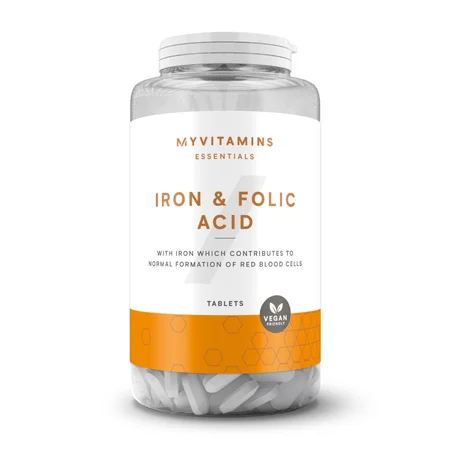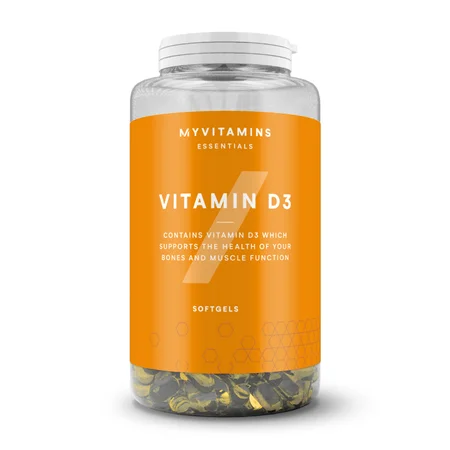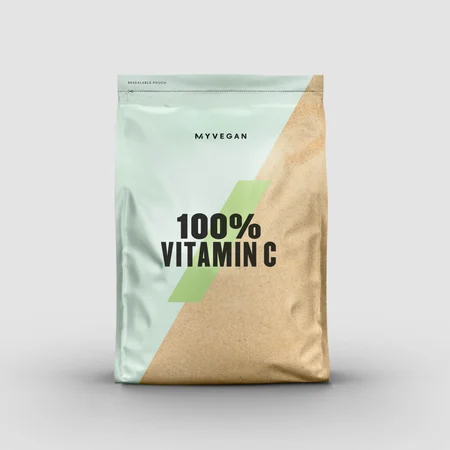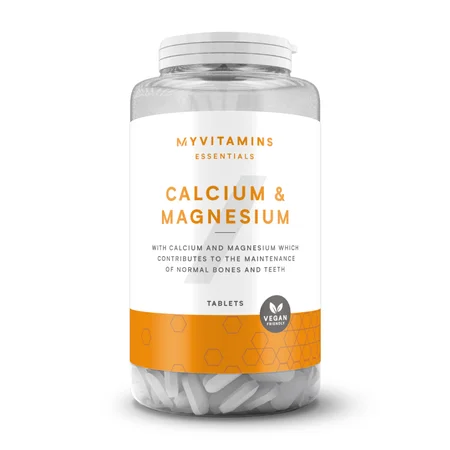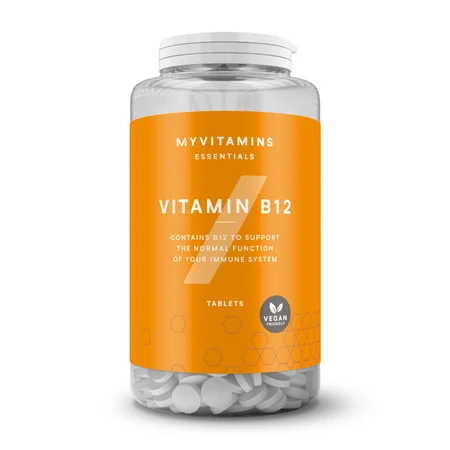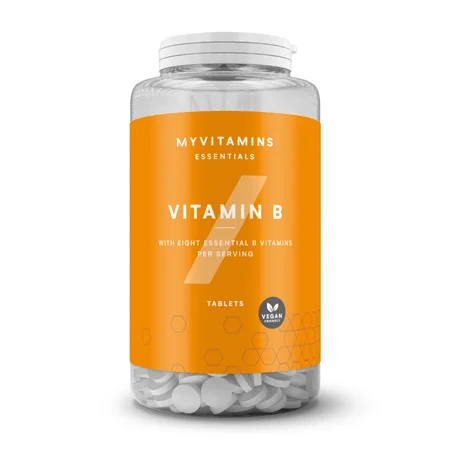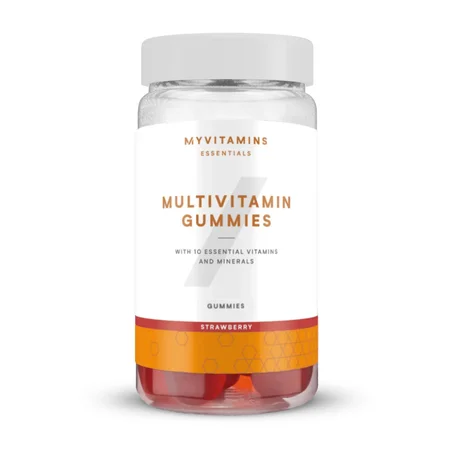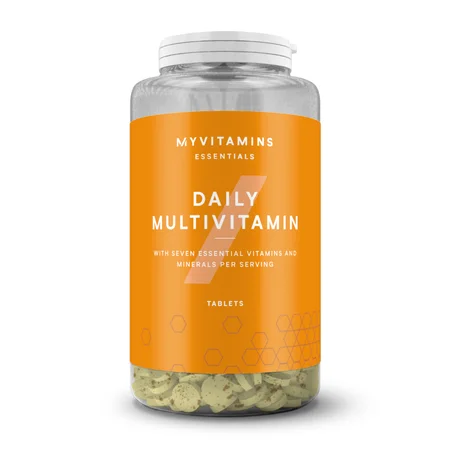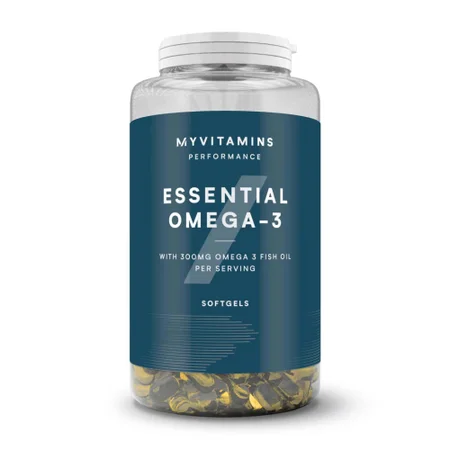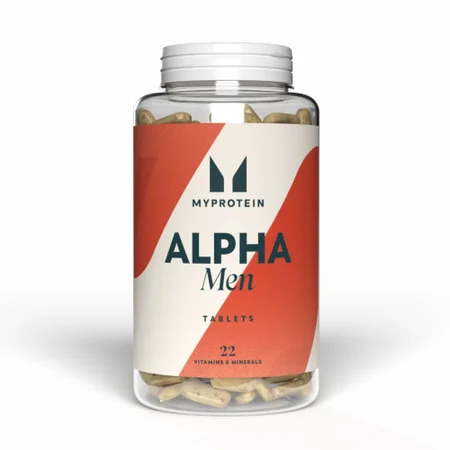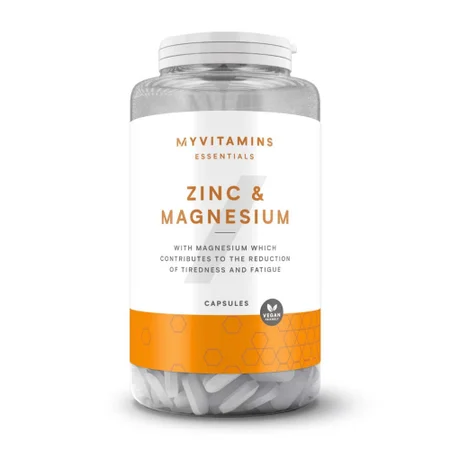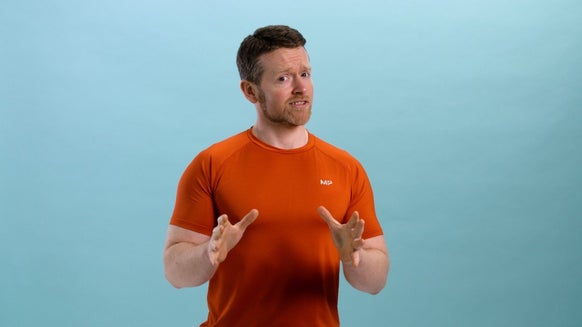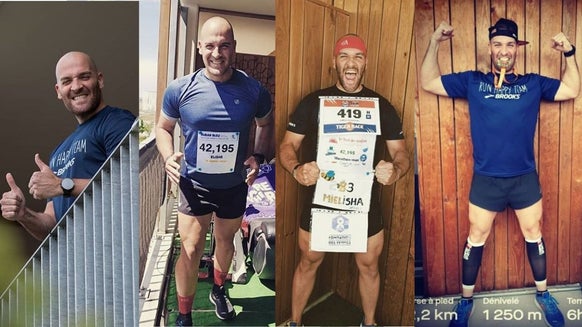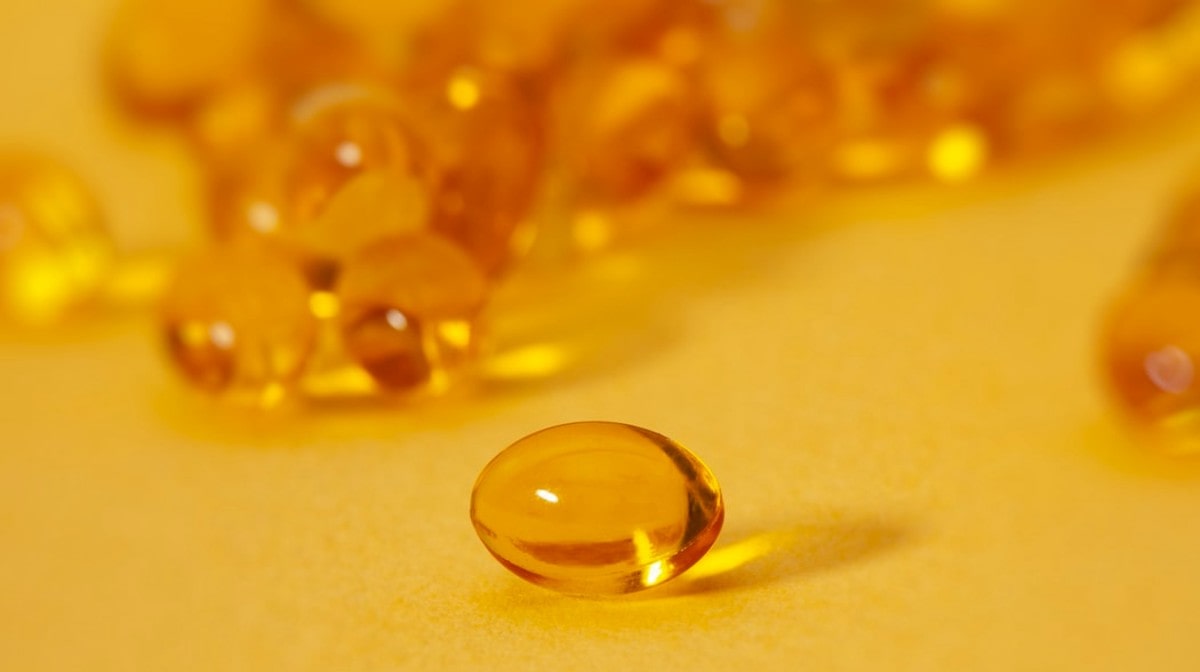
Eating a balanced diet with lots of fruit and veg containing a wide range of micronutrients is really important for staying fit and healthy. However, if you’re going through a particularly energy demanding period and constantly fighting fatigue, supplementing certain vitamins may help improve your day-to-day performance.
So, this winter fight fatigue with our top vitamins to boost your energy.
1. Iron
In a study investigating iron supplementation and fatigue in women, those supplementing iron pills reduced fatigue 18.9% more than those receiving a placebo.
Iron pills should be taken with caution as they are not safe for people with certain medical conditions such as irritable bowel conditions. Always check with your GP before supplementing.
2. Folic Acid
Folic acid, also known as vitamin B9, is one of the 8 b-vitamins
Your body cannot produce folic acid so it must be part of your diet. Folic acid is found in leafy green vegetables, broccoli, sprouts, peas, chick peas, kidney beans, liver and some breakfast cereals. If you don’t eat many of these foods, supplementation may be worthwhile.
Folic acid is also strongly recommended during the first trimester of pregnancy to help with the baby’s development. Folic acid can be combined with iron to help treat iron deficiency anaemia.
3. Magnesium
Magnesium is a key mineral required for the metabolism of foods, which allow our bodies to produce energy. During exercise, magnesium plays a role in oxygen uptake by our muscles and there have been reports of magnesium supplementation improving strength and exercise performance.
4. Vitamin D
Our body’s predominant source of vitamin D is from sunlight where it is absorbed in the skin and eventually converted into its biologically active compound in the body. Due to a lack of sunlight during the winter and dietary sources being scarce,
5. Vitamin C
Vitamin C is a potent antioxidant found in a range of fruit of vegetables and is essential for the synthesis of carnitine. Carnitine is a key compound in energy metabolism as it allows fatty acids to enter the mitochondria and eventually produce ATP.
Vitamin C also allows the transport and absorption of iron. Definitely a supplement worth trying.
6. Calcium
Calcium is a mineral which plays a key role in fatty acid metabolism and the regulation of ATP (andesine triphosphate) production. It is also essential for skeletal muscle contraction, which means deficiency may result in decreased performance at the gym.
Dietary sources of calcium include milk, cheese, yoghurt, tofu, sardines and whey protein powder. If you have a dairy intolerance and struggle to get enough calcium on board, supplementing calcium can be really beneficial.
7. Coenzyme Q10
CoQ10 is involved in the process of making ATP, which is used to carry out all your body’s functions. CoQ10 has also been shown to improve performance and recovery of exercise which causes fatigue. So supplementing with this could get you over that plateau in the gym.
8. B12
B12 plays a key role in your body’s energy production, specifically in the metabolism of fatty acids and amino acids. Essentially, B12 allows our bodies to break down food into energy.
9. B-vitamin complex
The most familiar B-vitamins are probably B6 and B12 but there are 8 different B-vitamins. Whilst B12 and folic acid may play the biggest part in energy production, it has been suggested that deficiency in any of the B vitamins may result in fatigue.
The MyProtein B-vitamin complex contains a blend of all 8 B vitamins in one convenient capsule.
10. Multivitamin
A multivitamin can be an easy, convenient way to include a range of important vitamins in one capsule. The multivitamin available at MyProtein contains a range of the vitamins listed in this article including calcium, vitamin C, vitamin B12 and vitamin D.
And if you fancy making your daily vitamin a little tastier so you never forget to take it, our Strawberry multivitamin gummies are the way to go.
Take home message:
Eating a diverse diet with a range of micronutrients will help to keep your energy levels up. You may well be able to do this by eating a range of healthy meats, fruits and vegetables. However, if you are currently fighting fatigue or need to eliminate certain foods from your diet, adding additional vitamins supplements may help with your body’s energy production, helping to you to reduce fatigue and improve performance.
Looking for more nutrition and supplement advice?
READ THESE NEXT:

Food Calories Chart | What's In Your Fruit, Veg, Meat And Other Daily Produce?
A guide on the calorie content of every day foods....
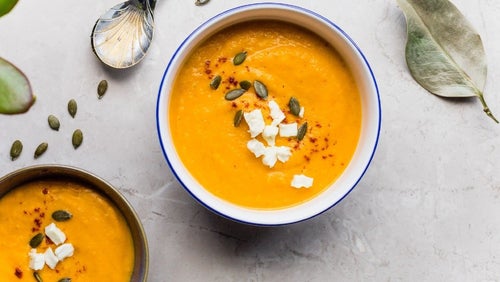
How Healthy Is The Soup Diet?
Our nutritionist breaks down whether following the soup diet is actually healthy...

Liam is a certified sport nutritionist with the International Society of Sport Nutrition and is enrolled on the British Dietetics Association’s Sport and Exercise Nutrition register. He has a Bachelor’s of Science in Sport and Exercise Science and is graduate of the ISSN Diploma in Applied Sport and Exercise Nutrition.
Liam is an experienced personal trainer, helping clients reach their health and fitness goals with practical, evidence informed exercise and nutrition advice. In his spare time Liam has competed in numerous powerlifting competitions and enjoys hill walking, football and expanding his recipe repertoire in the kitchen.Find out more about Liam's experience here.
1. Vaucher P, Druais PL, Waldvogel S, Favrat B. Effect of iron supplementation on fatigue in nonanemic menstruating women with low ferritin: a randomized controlled trial. CMAJ. 2012;184(11):1247-1254. doi:10.1503/cmaj.110950
2. Nielsen, F. H., & Lukaski, H. C. (2006). Update on the relationship between magnesium and exercise. Magnesium research, 19(3), 180-189.
3. Cao, Y., Zhen, S., Taylor, A., Appleton, S., Atlantis, E. and Shi, Z., 2018. Magnesium Intake and Sleep Disorder Symptoms: Findings from the Jiangsu Nutrition Study of Chinese Adults at Five-Year Follow-Up. Nutrients, 10(10), p.1354.
4. Abbasi B, Kimiagar M, Sadeghniiat K, Shirazi MM, Hedayati M, Rashidkhani B. The effect of magnesium supplementation on primary insomnia in elderly: A double-blind placebo-controlled clinical trial. J Res Med Sci. 2012;17(12):1161-1169.
5. Holick MF, Chen TC. Vitamin D deficiency: a worldwide problem with health consequences. Am J Clin Nutr. 2008 Apr;87(4):1080S-6S. doi: 10.1093/ajcn/87.4.1080S. PMID: 18400738.
6. Walsh, N.P. Nutrition and Athlete Immune Health: New Perspectives on an Old Paradigm. Sports Med 49, 153–168 (2019). https://doi.org/10.1007/s40279-019-01160-3
7. Johnson-Wimbley, T. D., & Graham, D. Y. (2011). Diagnosis and management of iron deficiency anemia in the 21st century. Therapeutic advances in Gastroenterology, 4(3), 177-184.
8. Mizuno K, Tanaka M, Nozaki S, Mizuma H, Ataka S, Tahara T, Sugino T, Shirai T, Kajimoto Y, Kuratsune H, Kajimoto O, Watanabe Y. Antifatigue effects of coenzyme Q10 during physical fatigue. Nutrition. 2008 Apr;24(4):293-9. doi: 10.1016/j.nut.2007.12.007. Epub 2008 Feb 13. Erratum in: Nutrition. 2008 Jun;24(6):616. PMID: 18272335.
9. Office of Dietary Supplements. (2011, June 24). National Institutes of Health Office of Dietary Supplements – Vitamin B12.
10. Huskisson E, Maggini S, Ruf M. The role of vitamins and minerals in energy metabolism and well-being. J Int Med Res. 2007 May-Jun;35(3):277-89. doi: 10.1177/147323000703500301. PMID: 17593855.
